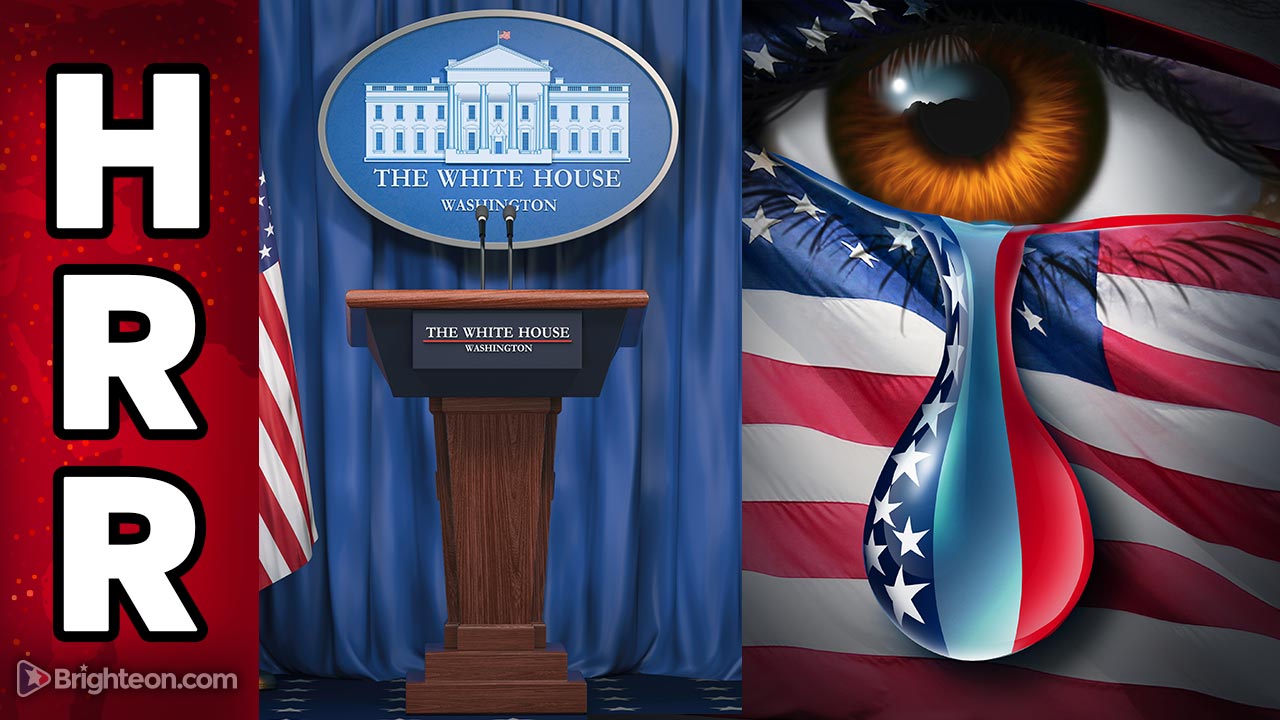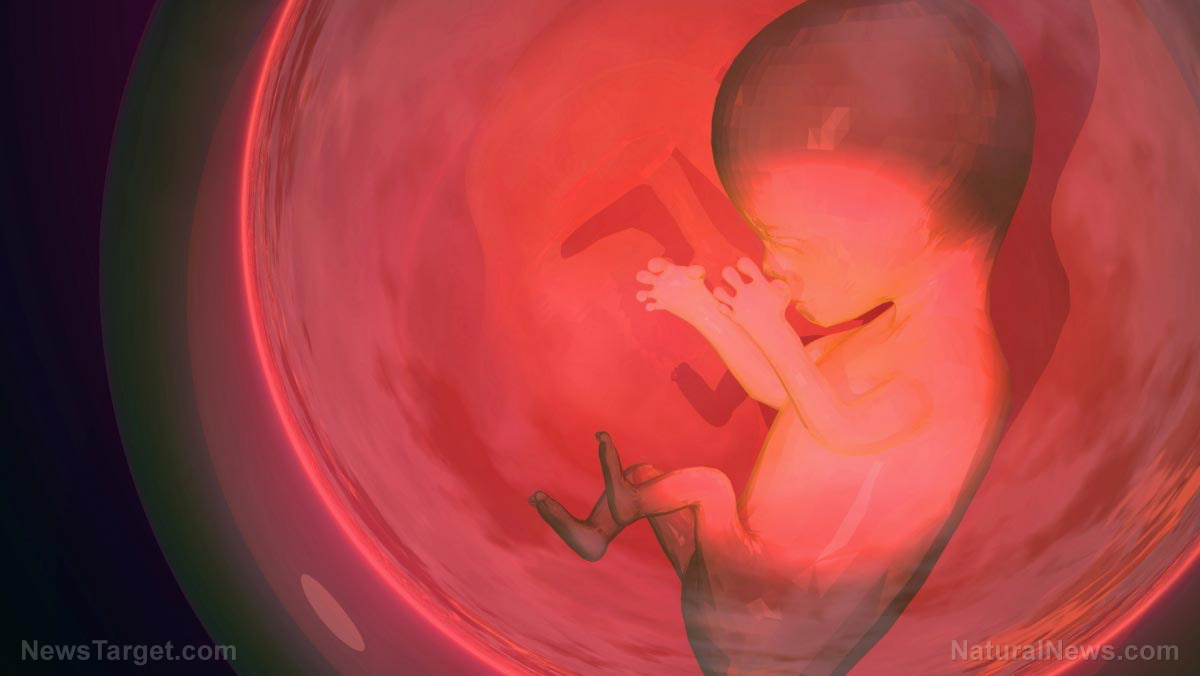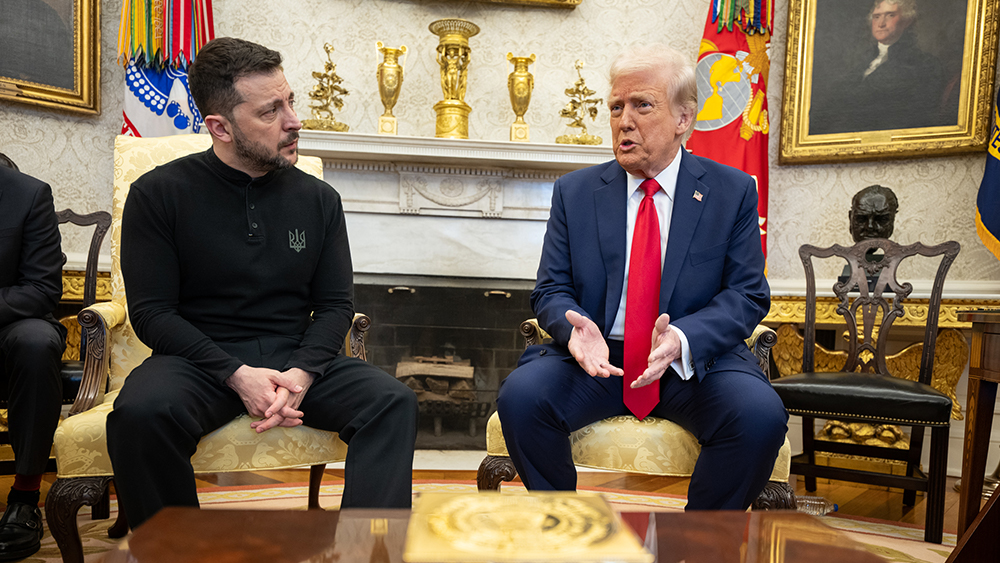 Parler
Parler Gab
Gab
Positive test less than two weeks after getting fully vaccinated is not a breakthrough case
The number of cases the CDC has identified does not include people who contracted COVID-19 less than two weeks after their final dose. The two-week marker is important, said infectious disease expert Dr. Amesh Adalja, senior scholar at the Johns Hopkins Center for Health Security. A human body should have enough time to develop antibodies to SARS-CoV-2 after that timeframe. Before then, a person won't necessarily have the built-up immunity needed to fight off an infection. According to Dr. Adalja, cases that occur before the two-week mark are not considered breakthrough cases. Dr. Adalja also noted that more research is needed to determine if highly infectious variants of the virus are behind the breakthrough cases. "It is crucial to study breakthrough cases to understand their severity, their contagiousness and what role variants may be playing," Dr. Adalja said. More than 78 million people have been fully vaccinated against COVID-19 in the U.S. as of April 15. "To date, no unexpected patterns have been identified in case demographics or vaccine characteristics," the CDC said in a statement. "COVID-19 vaccines are effective and are a critical tool to bring the pandemic under control." But the CDC conceded that "thousands of vaccine breakthrough cases will occur even though the vaccine is working as expected." Dr. William Schaffner, an infectious disease specialist and professor at the Vanderbilt University School of Medicine, agreed with the CDC. "These vaccines that we're using are fabulous but they're not perfect," he said. "At best, they're 95 percent effective in preventing serious illness, but minor illnesses can occur." According to U.S. drug regulators, Pfizer's COVID-19 vaccine is 95 percent effective in preventing infection. Moderna's was shown in a clinical trial to be 94.1 percent effective while Johnson & Johnson's was 66.9 percent effective. Only Johnson & Johnson vaccine, which received its emergency use authorization from the Food and Drug Administration (FDA) on Feb. 27, was tested when variants were circulating. The percentages are based on results from vaccine recipients two weeks after the final vaccination. Dr. Anthony Fauci, head of the National Institute of Allergy and Infectious Diseases, stated in a briefing last week that the breakthrough cases are not a cause for concern. "I think the important thing is to look at what the denominator of vaccinated people is. Because it is very likely that the number of breakthrough cases is not at all incompatible with the 90-plus percent vaccine efficacy," he said. "So I don't think that there needs to be concern about any shift or change in the efficacy of the vaccine."More info needed before drawing conclusions from breakthrough cases
The percentage of vaccine breakthroughs in a population depends on multiple factors, including vaccine efficacy, the amount of virus circulating and the length of time since vaccination, according to Natalie Dean, an assistant professor of biostatistics at the University of Florida. "I love to see small numbers as much as anyone, but know that numbers like this cannot be directly interpreted as a measure of vaccine efficacy (although I have a feeling they will be). We can only interpret them against a background rate in unvaccinated people," Dean wrote on Twitter. "Similarly, 'most breakthroughs have been in elderly adults' should not be read as the vaccine is less effective in elderly adults. The majority of vaccinations (and the longest amount of follow-up time) have been in elderly adults. Again, we need more info to interpret." States began reporting numbers for people who had gotten infected despite full vaccination last month. (Related: The vaccine IS the pandemic: 80% of nuns vaccinated at Kentucky convent tested positive for coronavirus two days later.) Epidemiologists in Washington state identified 217 breakthrough cases, five of whom died. In Michigan, 246 of breakthrough cases were recorded as of March 31. Three of those patients died. Texas, South Carolina, and Oregon are among the other states that have reported more than 100 cases among residents. "Finding evidence of vaccine breakthrough cases reminds us that, even if you have been vaccinated, you still need to wear a mask, practice social distancing and wash your hands to prevent spreading COVID-19 to others who have not been vaccinated," Washington state Health Secretary Umair Shah said in a statement. Follow Immunization.News for more news and information related to coronavirus vaccines. Sources include: TheEpochTimes.com Prevention.com CBS42.comDeborah Birx hid covid info from Trump, altered CDC guidelines without approval
By Ethan Huff // Share
Germany’s birth rate improbably falls by 11% in the first quarter of 2022
By Lance D Johnson // Share
By Mary Villareal // Share
Common signs and symptoms of magnesium deficiency
By Olivia Cook // Share
Historic Vatican meeting: Trump and Zelensky seek peace amid Ukraine-Russia conflict
By bellecarter // Share
Klitschko: Ukraine may need to temporarily cede territories for peace
By ramontomeydw // Share
USDA tightens SNAP eligibility rules to prevent benefits for illegal immigrants
By lauraharris // Share
Science reveals how cow urine and DMSO could transform breast cancer treatment
By oliviacook // Share











